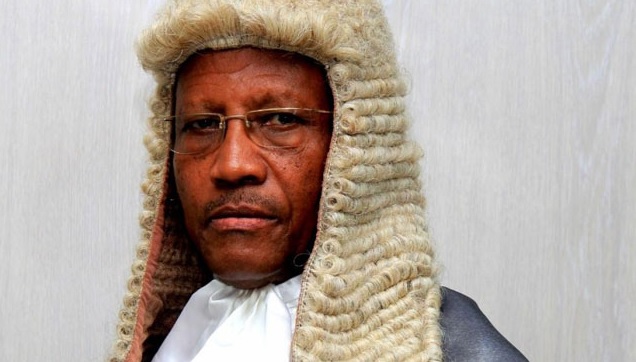Deputy Chief Justice Richard Buteera has stated that the judiciary is committed to a zero-tolerance policy for corruption, and there is no place for it within the judiciary. This remark was made while closing a nine-day induction training for the newly recruited chief magistrates at Collin Hotel in Mukono.
According to Justice Buteera, corruption tendencies have been reported in the judiciary, particularly at the chief magistrate’s courts. He urged the populace to offer proof of corruption so that appropriate action could be taken.
To address these issues, Justice Buteera advised chief magistrates to supervise, mentor, coach, and guide the magistrates under their jurisdiction.
“The processing of court records should not be left to clerical officers. It is your work. These records are yours; they reflect poor work for the judicial officer. On acquittal, the accused persons are entitled to their cash bail. The judicial officers should facilitate the recovery of their cash bail,” Justice Buteera said.
He emphasised the significance of judicial officers doing their duties primarily in open court, enabling the public to watch and assess their performance as they hand down decisions.
“As you work, you are being assessed by the lawyers, the litigants, and other members of the public. They know which judicial officer comes late, takes bribes, or is habitually drunk. There are judicial officers who are known for their hard work, good stakeholder engagement, and honesty. Kindly be this judicial officer,” he said.
Justice Buteera also recommended strategies for clearing and controlling case backlogs, including embracing alternative dispute resolution methods.
“Plea bargaining as an innovation is performing very well, and I appeal to you to try as much as possible to sensitise the people and stakeholders about the advantages and gains of plea bargaining in the criminal justice sector,” he said.
Justice Damalie Lwanga, Executive Director of the Judicial Training Institute, acknowledged the importance of such training sessions and called on the magistrates to implement what they learned and uphold the judicial code of conduct.
The training programme awarded certificates to 20 chief magistrates who were recruited earlier in the year, bringing the total number of chief magistrates in the country to 91 from 78.urn
![]()























